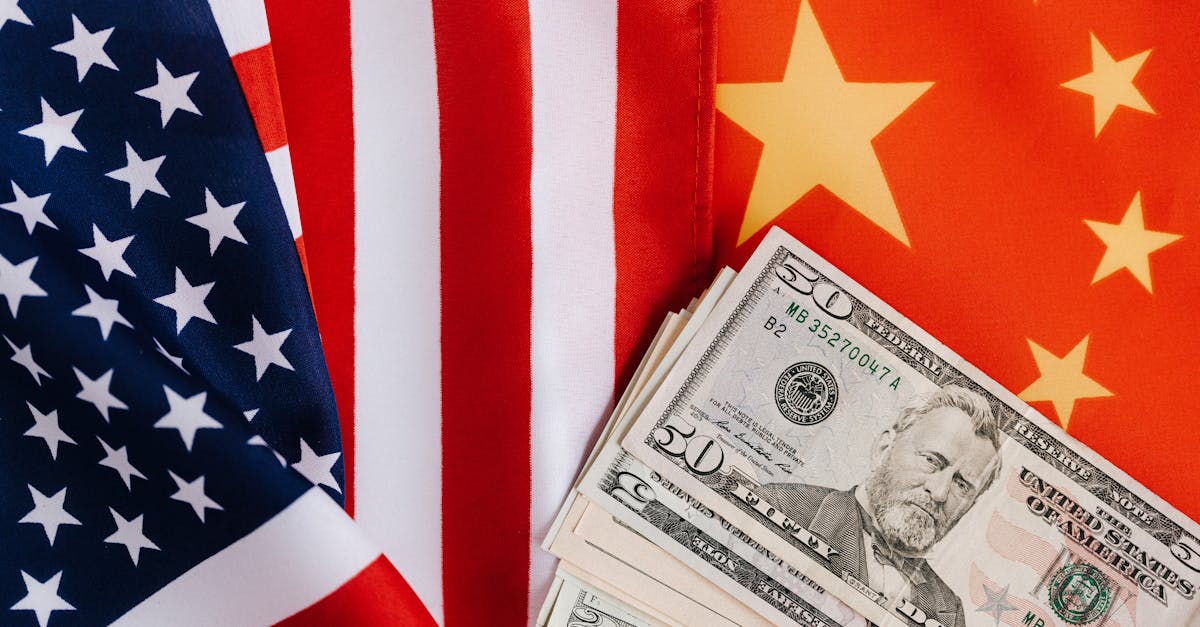The trade war between the United States and China has entered a new phase, with the introduction of reciprocal port fees on shipping vessels. This move, which began Tuesday, targets various goods, from consumer products to essential commodities Reuters. This escalation is expected to impact businesses across the globe, including those operating in Hawaii.
The US fees, as outlined by the Office of the United States Trade Representative, are directed at Chinese-owned, operated, and built vessels Norton Rose Fulbright. China has responded with similar measures, exempting Chinese-built ships from the levies BBC. This tit-for-tat strategy is anticipated to increase shipping costs, adding to the existing pressures on international trade and potentially affecting Hawaii's import-dependent economy. These fees are being implemented in phases, with the first phase beginning on October 14th, 2025 Dimerco.
For Hawaii's entrepreneurs and businesses, increased shipping costs could translate into higher prices for imported goods, impacting profitability and potentially leading to shifts in consumer spending. Moreover, disruptions to supply chains, a likely consequence of the trade dispute, could create inventory challenges and necessitate adjustments in procurement strategies.
Investors in Hawaii should monitor these developments closely, as changes in shipping costs can influence the financial performance of various industries, including retail, tourism, and construction. Professionals in logistics and supply chain management will likely experience heightened demand as businesses seek creative solutions to mitigate the effects of these new fees. Businesses may explore strategies like diversifying shipping routes, adjusting inventory management, and evaluating alternative suppliers to soften the impact of rising costs.

